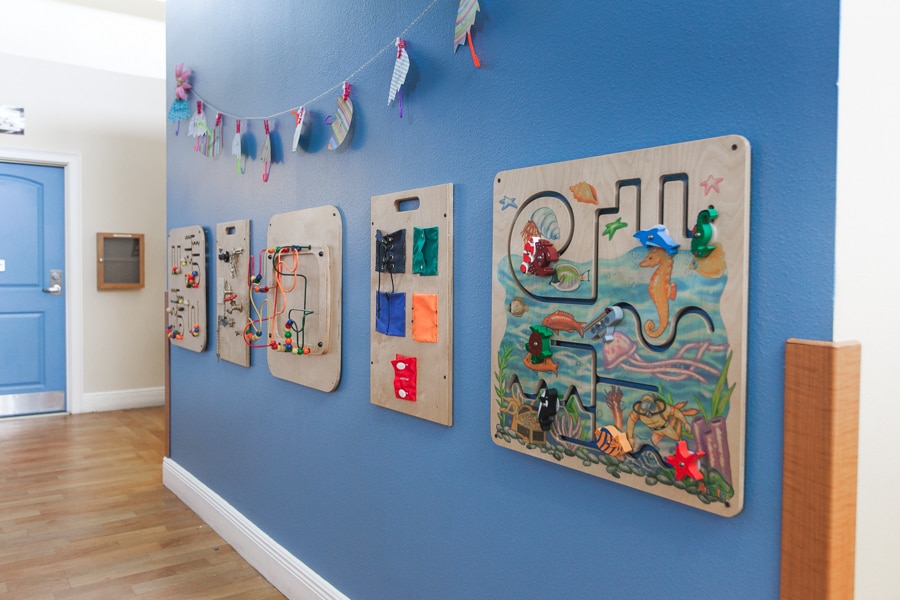There are a variety of alternative therapies promoted to stimulate memory recall in individuals with dementia or Alzheimer’s. Many of these therapies are employed in our memory care communities, but they’re also great at home and may be used in private duty settings depending on your physician’s plan of care.
Validation Therapy
Validation therapy is a crucial component of alternative therapy emphasizing listening and empathy. It gives those living with these diseases the chance to finish tasks or revert to tasks of the past and work through any issues. The caregiver shows empathy, understanding, and respect to the person so that he or she feels validated, not judged. At Angels Senior Living, we encourage alternative therapies for dementia to relieve any kind of unnecessary stress.
Music Therapy
Music is an incredibly effective method of treating diseases that affect memory. Since musical appreciation and aptitude are, in many cases, some of the last remaining abilities for those with dementia and Alzheimer’s, music gives patients an outlet to engage with and respond to. The responses to music require little to no cognitive or mental processing, making it an effective way to communicate with those who are in the late stages of these diseases. Music has also been proven to help improve cognitive ability in some cases, as it allows individuals to recall the memory of the activity, which may improve cognitive ability over time.
Music can help those with these diseases through:
- Improved memory recall
- Positive mood changes and emotional states
- Stimulation of interest
- Boosted brain activity
- Stress management
Art Therapy
Art has been proven as a way to help those with Alzheimer’s and dementia to find calming methods of communicating their feelings, emotions, and thoughts. The “roadblocks” of verbal communication that are caused by dementia are bypassed during the artistic process, allowing for an easier time of expression. Art therapy is effective in treating these conditions because it also stimulates individuals on a number of different levels, including neurological, cognitive, emotional, sensory, and relational levels.
Some of the benefits of art therapy include:
- Opportunity to express positive emotions
- Improved feelings of mood and decreased anxiety levels
- Validated personal experiences
- Enhanced social recognition
Animal Therapy
Pet or animal therapy uses trained dogs, cats, or other animals to act as companions for those people with Alzheimer’s disease and dementia. Research has proven that a significant number of people with these diseases see animals as non-threatening and friendly, and may display more interactive behaviors with them rather than other people. Assistance dogs are even being trained to help compensate for some of the dangers that are associated with memory loss.
The benefits of animal therapy include:
- Reduced anger and aggression
- Increased amount of physical activity
- Lower blood pressure
- Increased appetite (Studies have proven that those with dementia actually eat more after visiting with a therapy animal.)
At Angels Senior Living, we offer memory care services to help those living with Alzheimer’s and dementia to have an improved quality of life. For more information on our memory care services, contact us today!






